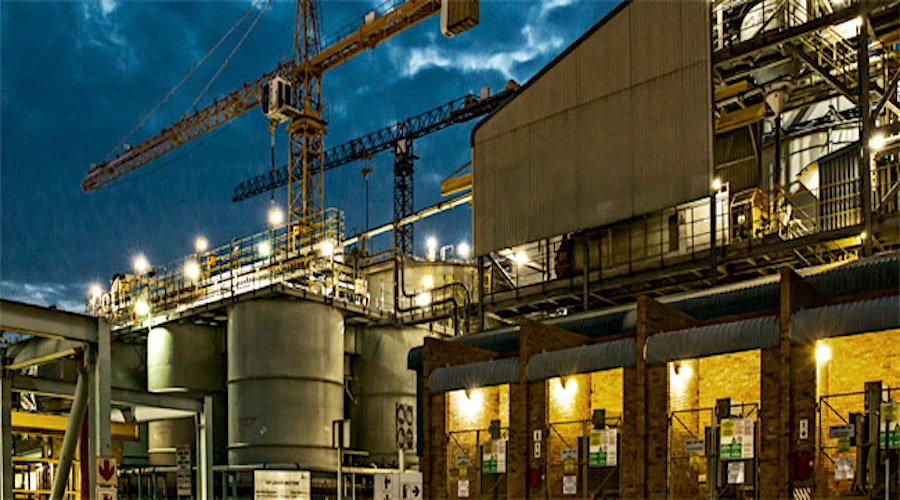Giant gold mine in South Africa emulates Toyota to boost profit

Gold Fields Ltd. was burning cash almost every year at their only facility in South Africa, until the continent’s third-largest miner of the metal started looking at Toyota Motor Corp. for inspiration.
The South Deep mine, about 70 kilometers (44 miles) southwest of Johannesburg, began adopting some of the Japanese carmaker’s concepts to improve efficiency in 2018, after cutting thousands of jobs to end a decade of losses.
Gold Fields, which gets the bulk of its revenue from Australia, looked at Toyota’s processes in a bid to turn South Deep into a so-called tier 1 mine — producing at least 500,000 ounces of gold annually. Reaching that target would mean boosting output 66%.
“Are we building a tunnel like somebody builds a Toyota? That’s the whole concept,” Gerrit Lotz, the mine’s head of human resources, said in an interview. A lot of people say that the process followed by Toyota won’t work in mining but “there is no reason why you can’t repeat these processes” if you plan correctly, he said.
Toyota was a pioneer of the so-called just-in-time system, a manufacturing workflow methodology aimed at reducing flow times and costs by keeping inventories super lean. It helped the company produce cars in a fast and efficient manner.
Still, a single Covid-19 case in Vietnam upended Toyota’s process last year, prompting it to slash output in September 2021 by 40%.
Lotz said the mine has managed to cut supply-chain delays, which would have resulted in workers — almost 3 kilometers (2 miles) underground — waiting for lengthy periods for key equipment and materials to be delivered.
Meanwhile South Deep, which in 2018 reduced the number of underground drill rigs, loaders and trucks by a third, is stepping up deployment of new technology, including a drilling machine that Gold Fields expects will increase gold extraction and create a safer working environment for workers.
“Where Gold Fields have been successful, in my opinion, is to upskill their workforce to adapt to a mechanized approach,” said Bloomberg Intelligence’s Grant Sporre.
World’s deepest
Output is forecast to rise by as much as 30% annually over the coming years, said Martin Preece, who heads up the company’s South African operations. South Deep forecasts producing more than 300,000 ounces of gold this year, climbing to about 423,000 ounces by 2024.
Still, the mine’s profitability relies on a relatively high gold price and its operations are sometimes at the mercy of powerful labor unions.
“It’s a much smaller mine at a slightly higher cost than what they initially envisioned,” Mandi Dungwa, an analyst at Camissa Asset Management in Cape Town, said by phone. But, “importantly, it’s not bleeding cash anymore,” she said.
The mine is one of the world’s deepest and after buying it in 2006 for $1.2 billion, Gold Fields expects it to produce for the next 80 years.
“It’s a great mine,” Preece said in an interview while traveling in one of the company’s underground tunnels. “If you are disciplined to run it properly there is money to be made here.”
(By Felix Njini)
{{ commodity.name }}
{{ post.title }}
{{ post.date }}




Comments
BOB HALL
JIT is only management tool. Mine construction has always been one of the places that bleeds. CONTRACT THAT OUT! Then maintenance and operations have a chance to produce. You are in business to produce gold. Do that and you will be OK.